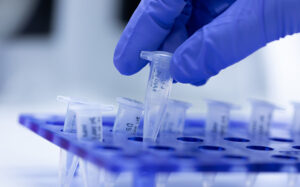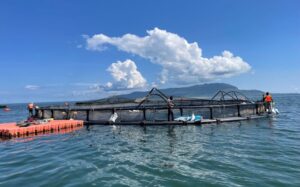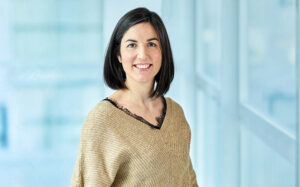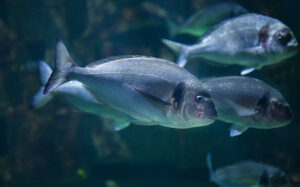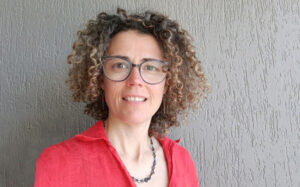The value of veterinarians in ensuring sustainability for Africa’s fast-growing aquaculture industry
Sub-Saharan Africa is enjoying an aquaculture boom — with fish health and welfare services moving in turn to meet the sector’s needs and ensure sustainable growth. In an interview, veterinarian Brandon Spolander, BVSc, MRCVS, SAVC, MSc, owner of Aquavet Africa, talks about engaging with the growing industry and addressing important gaps.
News & Trends
Keeping on top of fish health and biosecurity as East African aquaculture booms
The reach of the A.L.P.H.A. Plus initiative, an animal health collaboration between Zoetis and the Bill & Melinda Gates Foundation, is growing into Sub-Saharan Africa’s aquaculture sector. For one “trendsetter” in Kenya, it should enable them to manage fish health risks with the industry’s rapid growth.
Simulation offers insight into emerging-disease spread on salmonid farms
A new computer simulation approach may help better understand how emerging diseases could spread across salmonid farms in England and Wales and the best measures to limit their impact.
Scientists delve into rising incidence of mycobacteriosis on Norwegian salmon farms
Cases of mycobacteriosis, a serious disease affecting Atlantic salmon predominantly related to Mycobacterium salmoniphilum infections, appear to be on the increase in Norway.
Bringing aquaculture into mission to boost sustainable livestock production in Sub-Saharan Africa
An interview with Ben North, technical director, Global Commercial Development, Aquaculture Health
Bacteriophages’ potential for aquaculture still waits to be tapped
Bacteriophages — viruses which infect and kill bacteria — have been seen as a promising option for use in aquaculture for a number of years.
New approach could improve understanding of farmed seabream welfare
Analyzing proteins from the skin mucus of gilthead seabream (Sparus aurata) could offer a promising, welfare-friendly route to monitor stress levels of the fish during production cycles.
How to bring greater welfare knowledge to the world’s tilapia farmers
An interview with Sara Barrento, e-learning and aquaculture program manager for FAI Farms

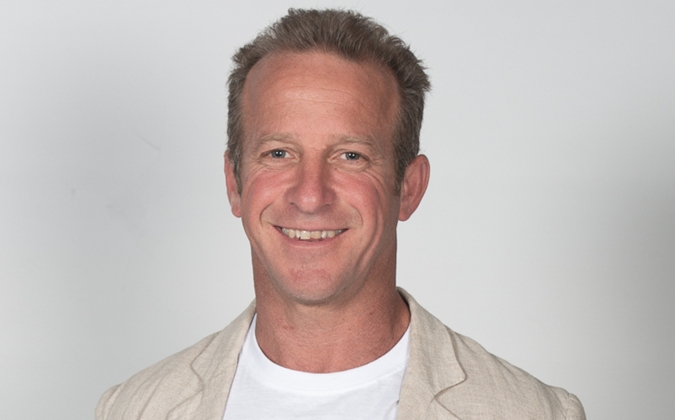
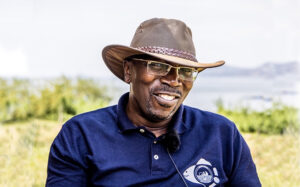
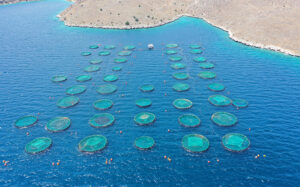
![Salmonid x[]](https://fishfarmforum.com/wp-content/uploads/2023/08/Salmonid-675x42038-1-300x187.jpg)
